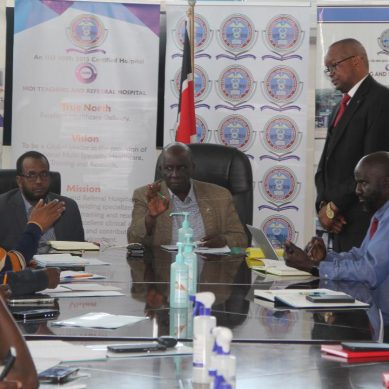Champions League: Real Madrid diehards believe a form of mysticism stalks the team’s European success
Mystic Uri Geller claims to have powers of psychokinesis – the ability to move objects without physical interaction with them – and over a 50-year career, has become involved in football on several occasions. He placed energy-infused crystals behind the goal to help Exeter City in 1997 – although they lost the game concerned 5-1, but swears to have helped Reading earn promotion in 2002. Most famously, he flew over Wembley in a helicopter during England’s Euro 96 match against Scotland, claiming he moved the ball just before Scotland’s Gary McAllister missed a crucial penalty.
Ukraine frontline: Physical, mental exhaustion and ever-lurking spectre of death torment soldiers
Viktor was paralysed by anxiety. What if he failed to do his job properly, what if something went wrong with his gun, what if he let down his comrades, whom he calls his “brothers” and considers his second family? He shared his concerns with his company commander. Despite a severe shortage of soldiers on the front, the commander gave Viktor a few days of rest and time to talk with a psychologist.
UN refugee camps have makings of prisons, but ongoing law reforms in Kenya may catapult it to a refugee rights champion
While the Kenyan government has not yet addressed citizenship rights for refugees, it has shown signs of adopting more progressive refugee policies in recent years. Together with the UN’s refugee agency (UNHCR) and its development partners, it has drafted a multi-year, multi-million dollar ‘Shirika Plan’, which aims to transform Kenya’s sprawling camp-cities into self-reliant open settlements, where refugees can live, work, and set up businesses among their local hosts.
How science and religion are finally co-existing as faith and work complement each other
Sociologist Christopher Scheitle surveyed atheism’ more than 1,300 graduate students about their experiences and their attitudes to religion. He found that many religious people studying science struggle to be open about their faith, reporting a culture of ‘assumed that often led them to conceal their religion for fear of being judged or discriminated against.
‘There was a group of us for cooking, cleaning or marry the Al Shabaab bosses and if you looked like a monkey they killed you’
Our job [during captivity] was to find food and water for them. If you refused you were punished or killed. They were also forcing women to have sex, and when they were pregnant, they were taking babies out of their bellies.
Al Shabaab to raped Mozambican women: ‘There is no food for monkeys and dogs, you are not a person to us’
Hundreds – and possibly thousands – of women and girls have been kidnapped by the group known locally as al-Shabab (“the youth” in Arabic), which began a rebellion in the gas-rich Cabo Delgado province in 2017. Many of them have been forcibly married and repeatedly raped in military camps.
Scientists attribute adverse impact of recent torrential rains in East Africa to climate change, rapid urbanisation
The downpours caused floods that killed hundreds of people, displaced thousands of others, killed thousands of livestock and destroyed thousands of acres of crops in Kenya, Tanzania, Somalia, Malawi, Mozambique and Zambia.
How Tanzania’s Udzungwa Mountains influenced recreation of butterfly forest by an Italian museum
With at least 2,500 plant species, more than 120 mammals, and thousands of invertebrate species, Udzungwa Mountains is rich in biological diversity. It’s part of the Eastern Arc Mountains of Kenya and Tanzania that are a proposed UNESCO Heritage site. It has more than 40 endemic species of butterflies.
MUSE’s work here is vital because of this variety, said Sevgan Subramanian, principal scientist and head of environmental health at the International Centre of Insect Physiology and Ecology in Nairobi.
After space missions on Mars and Moon, NASA plans to land on Uranus in 10 years and wants EPA on board
The mission has been under discussion for some time, and it will be exciting to see it begin to take shape. But, to make sure it is successful and happens as quickly and cost-effectively as possible, we would like to see others involved in its design, too. As a first step, we call for the European Space Agency (ESA) to join the project by, for example, building the entry probe, a possibility that was foreseen in the decadal report and has been assessed by ESA but has not yet been agreed.














